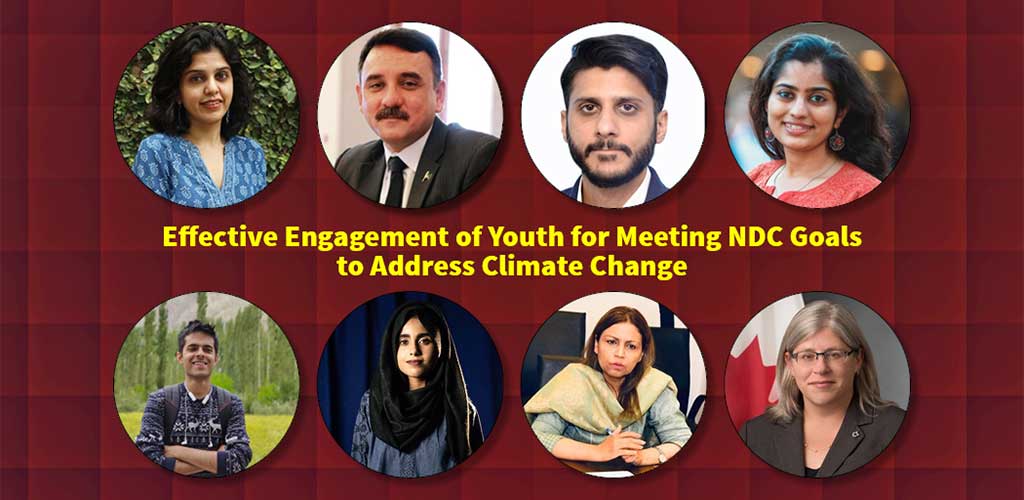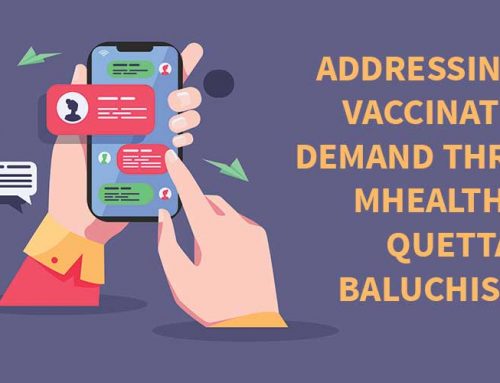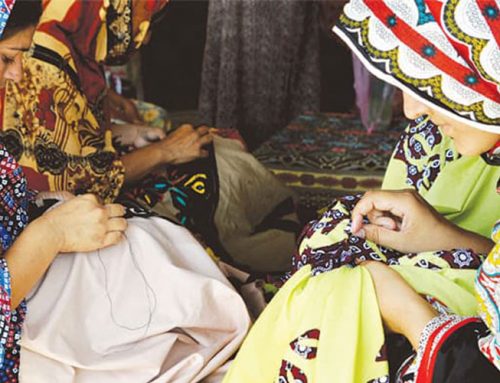Project Description
The year 2020, holds particular importance for the climate discourse across the globe as it is time for participating countries of the Paris Agreement to turn in their revised climate commitments. In accordance with this, Pakistan too is in the process of ramping up its climate ambitions.
Inclusion and promotion of the youth have been an active mandate of the government culminating in the form of initiatives such as Clean Green Pakistan and the Prime Minister’s Green Stimulus Program. Recognizing the immense role that could be played by the country’s Youth in climate action and green growth, it is imperative that the Youth be an area of focus in the new Nationally Determined Commitments (NDCs) that Pakistan puts forward in the coming months.
Towards this end, the Ministry of Climate Change in collaboration with Islamic Relief Pakistan has directed Momentum Ventures to conduct this study aimed at unlocking ideas for enhancing youth participation in the formulation and implementation of Pakistan’s NDCs. This research is conducted to sensitize policy/decision-makers and other actors on the rationale and urgency of critical climate challenges, related development issues, and the role of youth in addressing them. As a document prepared for the Ministry of Climate Change, this brief could act as a building block for further consideration and action.
In order to ensure that the needs of the youth, their perspective concerning climate action, and the barriers they face for involvement in the climate policy arena in Pakistan are taken into account, a two-fold approach is adopted. The first approach aims at gauging the current level of awareness on climate change and the NDC process amongst the youth of the country, as well as the challenges faced by youth for greater involvement. The second approach looks at global examples of successful climate interventions and attempts to get more focused expert opinion and information from policymakers, UN agencies, and other climate professionals within the country and the associated challenges they face in their work.
To complement our secondary research, a series of focused interviews were conducted with professionals and youth engagement experts from the Ministry of Climate Change, Academia, Youth leaders, United Nations Development Programme (UNDP), YOUNGO (Children and Youth constituency to United Nations Framework Convention on Climate Change) and Civil Society Representatives. The discussions held proved extremely useful in gaining insight and contextualized knowledge of the current climate crisis in Pakistan, and how the youth of the country could take meaningful action to combat this challenge. Thus, all the knowledge gained through the secondary research and the interviews accumulates in the formation of a set of recommendations for the government under five different, broad action areas: climate education and awareness, youth involvement in policy formulation and execution, development of youth networks, establishment of youth support mechanisms and initiatives, and society-based ownership for NDCs.





